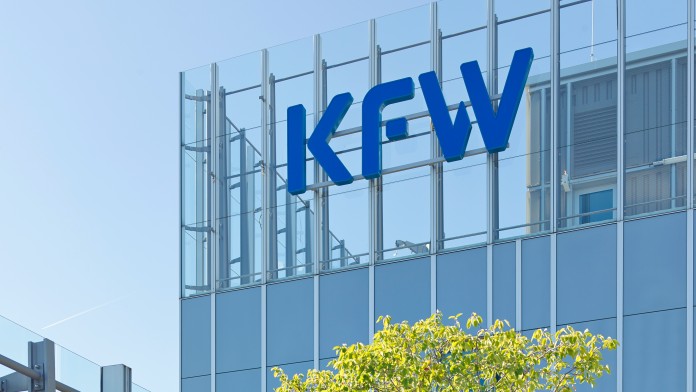Cultural development and regulations
Health management
In order to live up to the responsibility it has towards its employees, KfW has been systematically expanding its operational health management initiative since 2014. We want to help our employees stay healthy so as to maintain and encourage their motivation, job satisfaction and performance.
We focused on the following activities in 2017:
KfW continues to strive to expand and optimise its offerings in the field of BGM.
Dealing with flexible forms of work
The pilot phase of the new agreement on working hours, which came into effect in the 2015 financial year, was extended by two years until the end of 2019. The agreement is aimed at raising awareness of issues relating to working hours among managers and employees, as well as achieving a systematic move away from a culture based on the number of hours spent in the office to one that focuses on the results achieved. The stated objective of the agreement is to give employees more self-responsibility and to allow more flexible arrangements in terms of working hours and place of work, while taking KfW’s needs into account at the same time.
A project on “dealing with flexible forms of work” has now been incorporated into the pilot phase. Taking stock at KfW with a view to business prospects, the use of working models and the results of the employee survey formed the basis for areas of action. An company benchmark served to round off the picture. The measures, including recommendations for mobile work, are to be implemented in 2018.
Objectives:
- Increasing the personal responsibility of employees
- Allowing more flexible arrangements in terms of working hours and place of work, while also taking KfW's needs into account
The success of the pilot phase requires managers and employees alike to rethink their attitudes. It also provides KfW with an opportunity to move towards a modern culture of management and teamwork.
Training can work on a part-time basis, too
In cooperation with a Frankfurt-based association that aims to promote career advancement for women, KfW has been offering its traineeship for “office management specialists” also as a part-time model since 2016. This means that KfW can give single mothers, for example, the opportunity to complete a traineeship despite difficult personal circumstances.
As of the end of 2017, 134 young people were undergoing their first vocational training course (previous year: 133), of whom 71 were sandwich degree students (previous year: 70). The number of graduate trainees stood at 47 as of 31 December 2017 (previous year: 56). In the course of the year 129 students completed internships at KfW (previous year: 122).
Implementation of regulatory requirements
As a result of the amendment to the 2013 KfW Regulation, KfW must apply central regulatory requirements and banking supervisory standards accordingly. In accordance with Section 12a of the KfW Law in conjunction with Section 3 of the KfW Regulation, this also applies to the remuneration regulations of the Remuneration Ordinance for Institutions (IVV). The IVV regulates the minimum regulatory requirements for the remuneration systems of German financial institutions. It was adopted against the backdrop of the financial market crisis and published in August 2017 in its third version. The IVV focusses primarily on the avoidance of false incentives relating to variable remuneration components and the risk-oriented design of remuneration systems.
Read more
Legal notice:
The information contained in this online Annual Report 2017 is based on KfW’s Financial Report 2017, which you can download here. Should this online Annual Report 2017, despite the great care taken in preparation of its content, contain any contradictions or errors compared to the Financial Report, the KfW Financial Report 2017 takes priority.




Share page
To share the content of this page with your network, click on one of the icons below.
Note on data protection: When you share content, your personal data is transferred to the selected network.
Data protection
Alternatively, you can also copy the short link: https://www.kfw.de/s/enkBbyL9
Copy link Link copied